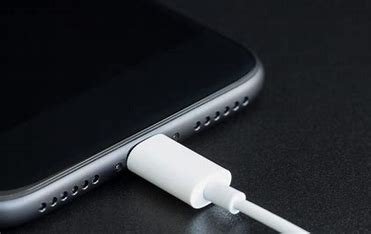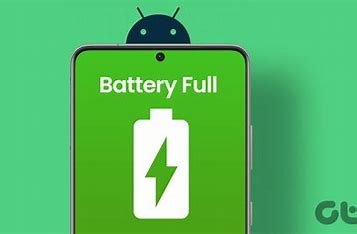Why You Should Stop Charging Your Phone Overnight

We all love waking up to a fully charged phone, ready for the day. But is overnight charging the best idea?

It’s become second nature for many of us to plug in our phones right before we go to sleep, confident that we’ll wake up to a fully charged battery. This habit makes sense at first glance—why not use those hours while we’re asleep to charge up and start the day with 100% battery? It feels efficient and convenient, saving us from the worry of needing a midday top-up.
However, while overnight charging may seem harmless, it actually comes with hidden drawbacks that can affect both your phone’s battery life and, in some cases, your personal safety. Many people don’t realize that charging a phone for hours while it’s already at full battery can cause wear and tear over time, shortening the lifespan of the battery. Additionally, this habit can increase the risk of overheating, which not only damages the battery’s performance but also raises potential safety concerns.
By making a few simple adjustments to when and how you charge your device, you could extend your phone’s battery life, reduce energy usage, and lower the risk of overheating. Here’s a closer look at the effects of overnight charging and how small changes in your routine could lead to a healthier, longer-lasting, and safer phone.
The Impact of Overnight Charging on Your Battery
Modern phones use lithium-ion batteries, which are efficient but sensitive to certain conditions. Here’s a key fact: lithium-ion batteries don’t appreciate staying at full charge for extended periods. When your phone is plugged in overnight, it typically reaches full charge around midnight and stays there until you wake up. This constant full charge puts extra pressure on the battery, gradually reducing its ability to hold a charge. Over time, this can cause your phone’s battery to drain more quickly and lose its overall lifespan.
Why Heat Matters
Charging generates heat, and excessive heat is one of the worst things for your battery’s health. When your phone reaches 100% and stays plugged in, it might heat up due to the continuous trickle charge, where the charger sends small amounts of power to keep the battery full. This ongoing exposure to heat can damage internal battery components, leading to reduced performance over time.
Charging it during the day, when you’re able to unplug it as soon as it reaches full charge, is a simple but effective way to avoid overheating and reduce the stress on your battery.

Energy Efficiency and Cost Savings
Did you know that charging your phone overnight leads to a small but steady power drain? While modern chargers are more efficient than ever, they still use electricity even when it’s is fully charged. Over the weeks and months, this energy usage adds up. Unplugging your charger when it’s not in use or using a smart plug that automatically turns off once your phone is charged can help you save on your electricity bill while being kinder to the environment.
Rare, but Real Safety Concerns
Although it’s rare, overheating from overnight charging has occasionally led to fires or damaged phones. Most modern phones come with built-in safety measures to prevent overcharging, but no device is completely immune to issues. When you charge your phone overnight, especially if it’s covered by a case or fabric, the heat can build up and, in extreme cases, lead to hazardous situations.

Tips to Maintain Battery Health and Safety
Experts in battery care recommend maintaining a charge level between 20% and 80% for the best long-term battery health. Here are a few tips for building better charging habits:
- Charge in Short Bursts: Charging for short periods rather than a single long session can be more beneficial for your battery.
- Avoid Draining Fully: Try to keep your battery from dropping below 20% regularly, as frequent full discharges can strain the battery.
- Use Quality Chargers: Invest in a reputable charger. Cheaper, low-quality chargers may not have the necessary safety features, putting your phone and battery at risk.
For more on lithium-ion battery care, check out Battery University’s Guide to Charging.
Changing how and when you charge your phone may seem like a small adjustment, but it can significantly impact your phone’s lifespan, energy use, and overall safety. So, consider rethinking the nightly charge routine and start practicing better battery care habits today.
Read more :Instagram is lowering video quality for unpopular videos















